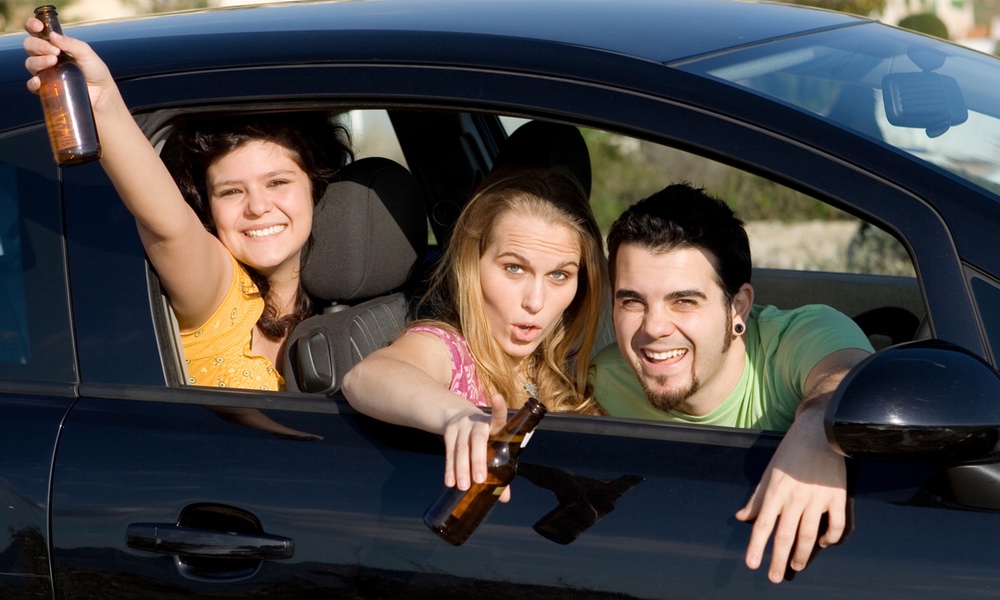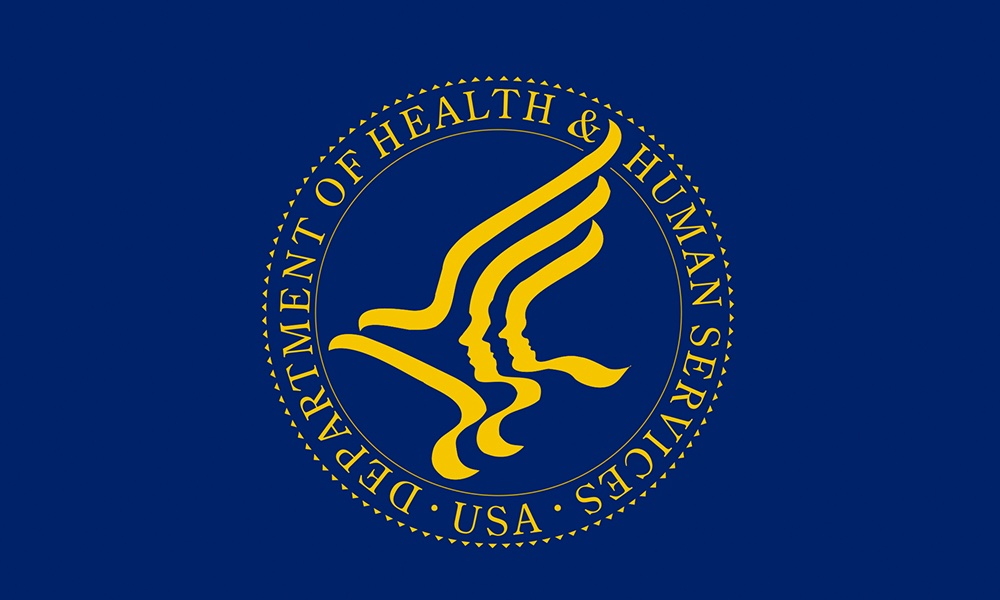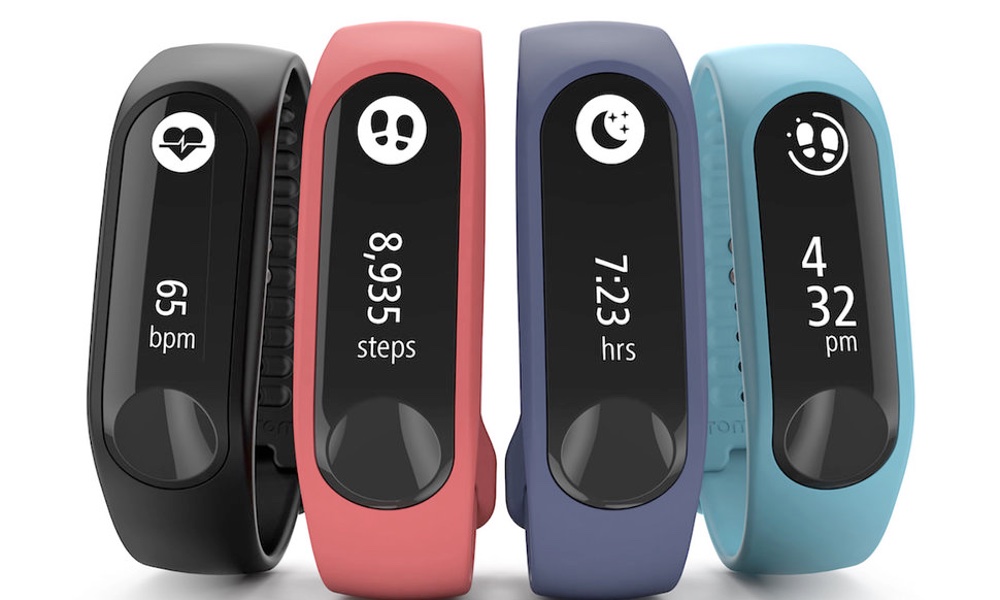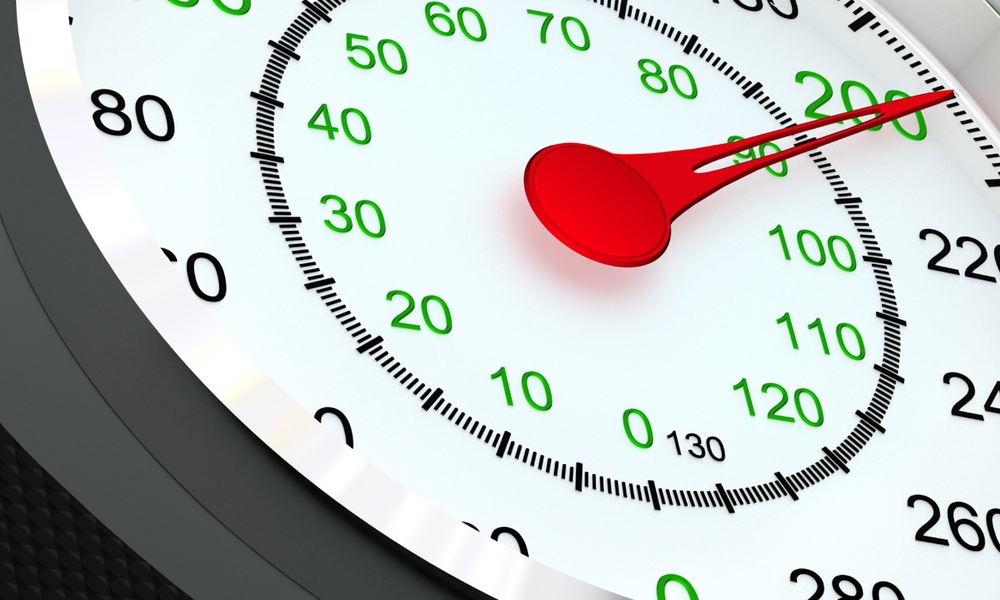Alcohol and sex are a dangerous mix, particularly among young people on and off college campuses. Alcohol use increases their risk of having unprotected sex and contracting sexually transmitted diseases or an unplanned pregnancy. Drinking also increases their risk of becoming the victim of or the perpetrator of sexual assault.
Most college programs address alcohol use and sexual behavior separately, even though they are closely connected.People often think about stepping in directly to try and stop an alcohol-fueled situation, but intervening in a more indirect way may be a wiser approach. Try by saying something like, “Hey I think your friend is looking for you,” or spilling a drink.
A new program using peer counseling to make the links between sexual risk-taking and alcohol consumption clear was the subject of a recent study. Called Sex-Positive Lifestyles: Addressing Alcohol and Sexual Health or SPLASH, it was developed by Lucy Napper of Lehigh University and Shannon Kenney of Brown University. An all-in-one program addressing student alcohol use and sex, SPLASH teaches students ways to protect themselves and their classmates when they're out partying.
Students in the SPLASH program met in small groups for two 90-minute sessions. One of the first topics addressed in the initial sessions was common misperceptions students have about their peers' drinking habits and sexual behaviors. Among the misconceptions: The researchers learned that most students are not drinking heavily; and casual, unprotected sex happens less frequently on campus than students tend to think.
The young adults in the program also learned how they can look out for themselves and each other when going to parties or bars. Students should make sure they eat before they go out, and when going out in a group, have safety strategies that include having a plan to get home together and checking in and knowing where everyone is. People going out in a group should let friends know their plans for that evening beforehand and have a signal that lets others know if they need help.
“Before students go out, talking to friends about how they will look out for one another can be helpful,” Napper, corresponding author on the study, told TheDoctor.
Students heard about bystander interventions they can use to intervene if they see someone who might need help. People often think about stepping in directly to try and stop the situation, but intervening in a more indirect way may be a wiser approach, according to Napper. For example, friends can serve up a distraction by saying something like, “Hey I think your friend is looking for you,” or committing a so-called party foul like spilling a drink. These distractions can break up a situation before it becomes problematic.
Facilitators who had completed a two-day training course led the two SPLASH sessions. Most of each session was spent discussing issues related to alcohol use and sexual health and learning from each other. “Students like having a safe space to talk to their peers and hear about strategies others are using,” Napper said.Drinking increases the risk of becoming the victim or the perpetrator of sexual assault. Have a signal that lets others know you need help.
After this pilot program at two universities in the U.S., Napper and Kenney and their team hope to run it on other campuses to check its effectiveness in different settings. They also need to better understand how best to help students change multiple behaviors.
“We are asking students to do a lot of things: be mindful of their drinking, be more mindful of their feelings, think about their relationships and look out for their peers,” said Napper, an associate professor of psychology at Lehigh. The question, she added, is, “How do we best structure these interventions to support students trying to do all these things?”





